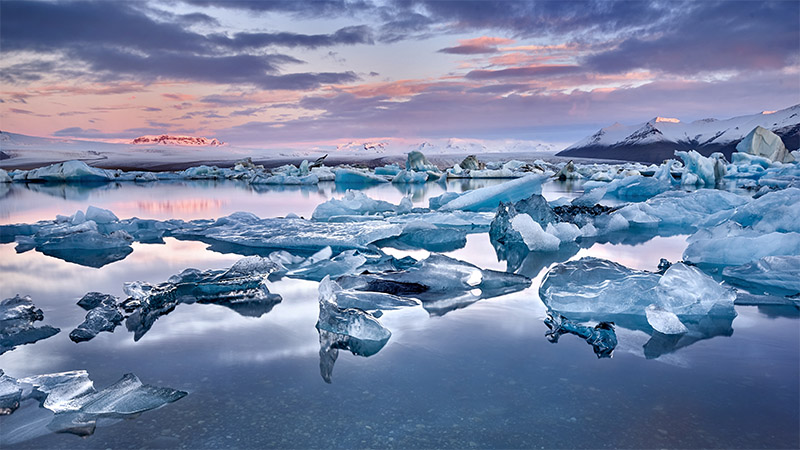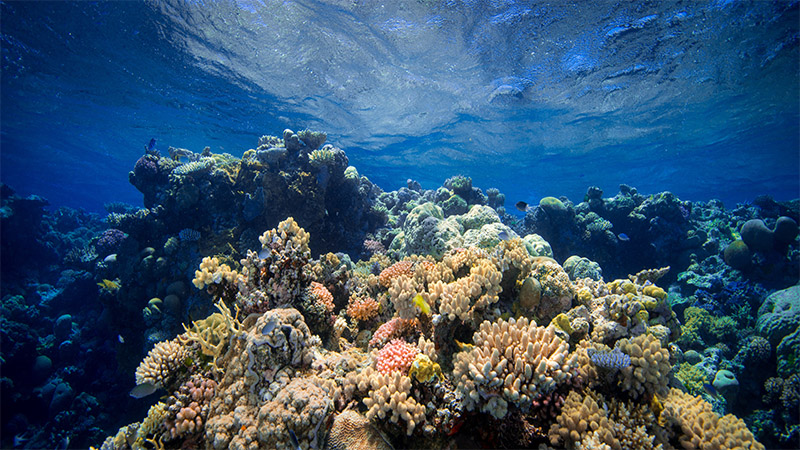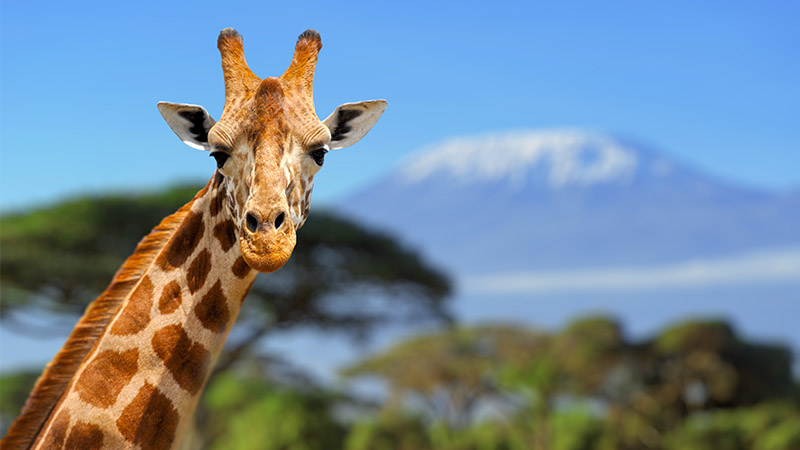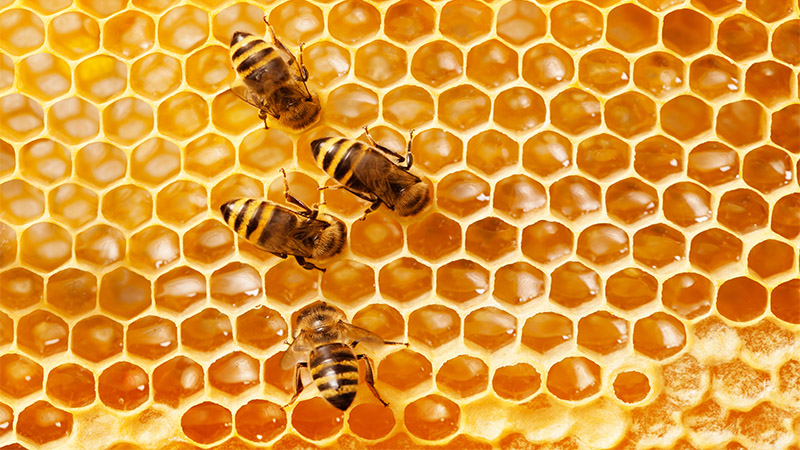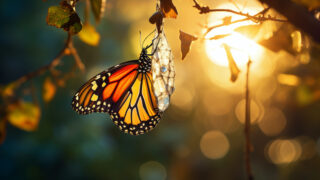Environmental issues affect us all and keeping up to date with Mother Nature should be a high priority for everyone. The world is always in a state of change, but we can do our bit here in Hong Kong to protect the changes that we don’t want. Recycling and reusing where we can and making sure to limit our carbon footprint are good basic places to start. Here’s what’s been going on recently in our beautiful world!
Mourning a glacier
Iceland held the world’s first ever funeral for a glacier in August. The Okjökull glacier was the first in the country to be lost to climate change after the warmest July ever on record. Scientists fear all the island’s hundreds of other glaciers will be gone by 2200 as about 11 billion tonnes of ice per year are melting currently.
Good News for Coral
A scientific breakthrough at the Florida Aquarium in Tampa could potentially save America’s Barrier Reef, the third-largest reef in the world, which lies just off the Florida Keys. The project made history when a group of coral reproduced two days in a row for the first time in a lab setting. Being able to grow coral in a lab is good news as a disease is wiping out pillar coral in the reef. Who knows? Maybe the process can save all at-risk reefs.
Trouble for the Earth’s Lungs
Brazil declared a state of emergency in August over the number of fires in the region, most of them in the Amazon. More than 74,000 fires have been detected by Brazil’s space research centre. That’s an 85 percent increase from 2018. The fires are so bad that smoke completely darkened the skies in August over São Paolo, 2,700km away. The fires were caused by humans, either accidentally or deliberately. The Amazon produces more than 20 percent of the world’s oxygen so these fires could potentially have a global effect.
Farewell to an Icon?
Giraffes may not be around for your grandchildren to see. Two subspecies have been added to the critically endangered red list for the first time. Giraffe numbers plummeted by a staggering 40 percent in the last three decades, with less than 100,000 remaining today. Loss of habitat and poaching are two big causes for the dramatic slide towards extinction.
Gift for Bumblebees
Holland has covered hundreds of bus stops in Utrecht with plants as a way to support the honeybee population. The roofs, which are primarily covered in sedum, also capture dust and rainwater. (They also look pretty cool!) The honeybee population is in danger globally because of insecticides.
This article first appeared in the October/November 2019 issue of Expat Living magazine. Subscribe now so you never miss an issue.

